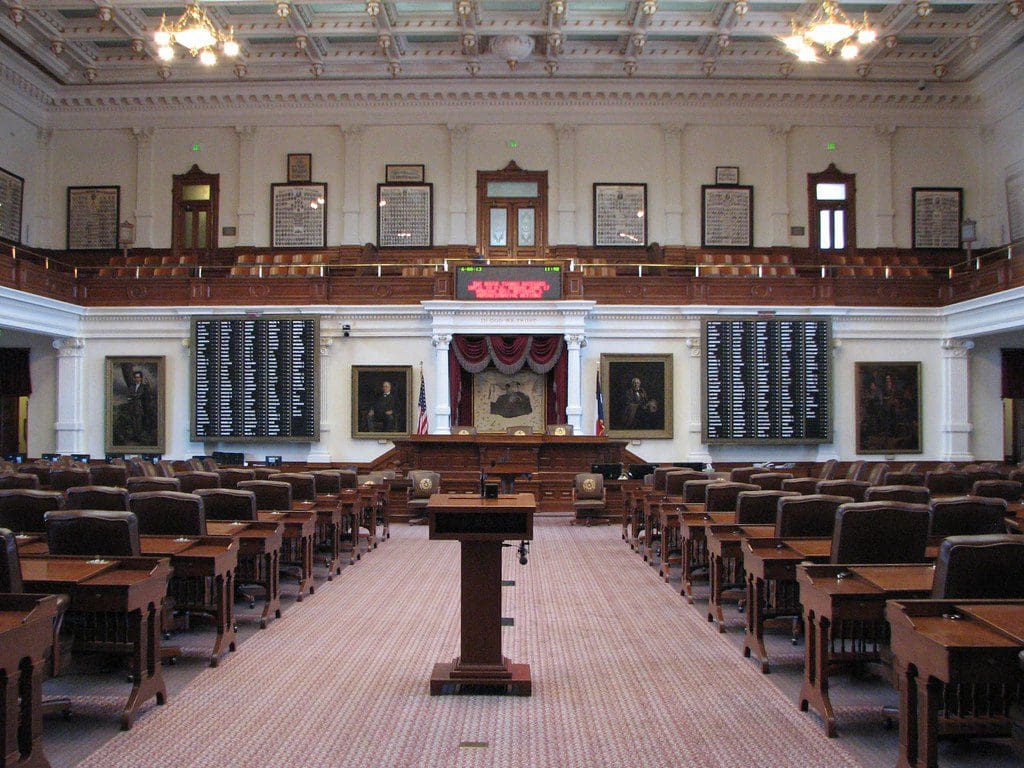With Election Day on the horizon, Texans have the opportunity to decide who will hold one of the most powerful positions in the state, even though it won’t be on their ballot: the Speaker of the Texas House.
Voters can ask state representative candidates in their districts about it and express their concerns about what they want in the next speaker.
On paper, the speaker is just an administrator tasked with keeping order in the lower chamber of the Texas Legislature. In reality, the speaker has an incredibly powerful position and sets the agenda for the state House.
The speaker also determines which bills come out of which committees and when the bills come to the floor for a vote. They can also apply pressure to try and force votes in certain directions.
Perhaps the greatest example of the speaker’s power is that they name committees and appoint committee chairs.
If a state representative goes against the speaker, he or she may risk being frozen out of the legislative process.
One might think such a powerful position would be on the ballot on Election Day, but the speaker position is only indirectly selected by voters.
Voters elect their state representative to the Texas House, then these representatives select the speaker as their first order of business when the legislative session starts.
But there’s more to it than that, and much of the process is hidden from citizens.
Behind the scenes, state representatives call each other, trying to win enough support from their colleagues to become the next speaker.
Currently, Republicans control the Texas House and have the majority to choose a Republican speaker. While that might be comforting to some, a Democrat-backed moderate or liberal candidate can always come in the race, sway support from a handful of Republicans, and snatch the speakership.
A mixed bag of Republicans and Democrats—who all earned failing scores on the 2019 Fiscal Responsibility Index—have already announced their candidacies.
Once the speakership falls into moderate or liberal hands, the speaker can work to block Republican priority bills, preventing reforms such as protections for pre-born children and guarding election integrity.
Despite Republican majorities in the Texas House, the last two speakers used the position to stop conservative reforms by enabling obstruction from the Democrats. Both speakers were widely recognized as being more concerned with appeasing the Austin lobby than they were with passing legislation important to conservative grassroots voters.
With recent concerns about riots, voter fraud, and rising property taxes, citizens wary that their priorities may be disregarded by a Democrat-owned or lobbyist-run speaker in the next legislative session should contact their state representative candidates.
Citizens can ask their state legislators—as well as candidates for the state legislature—who they plan to support as the next speaker and how they will involve citizens in the process. Citizens can also tell state legislators that they do not want a particular candidate to be the next speaker.





